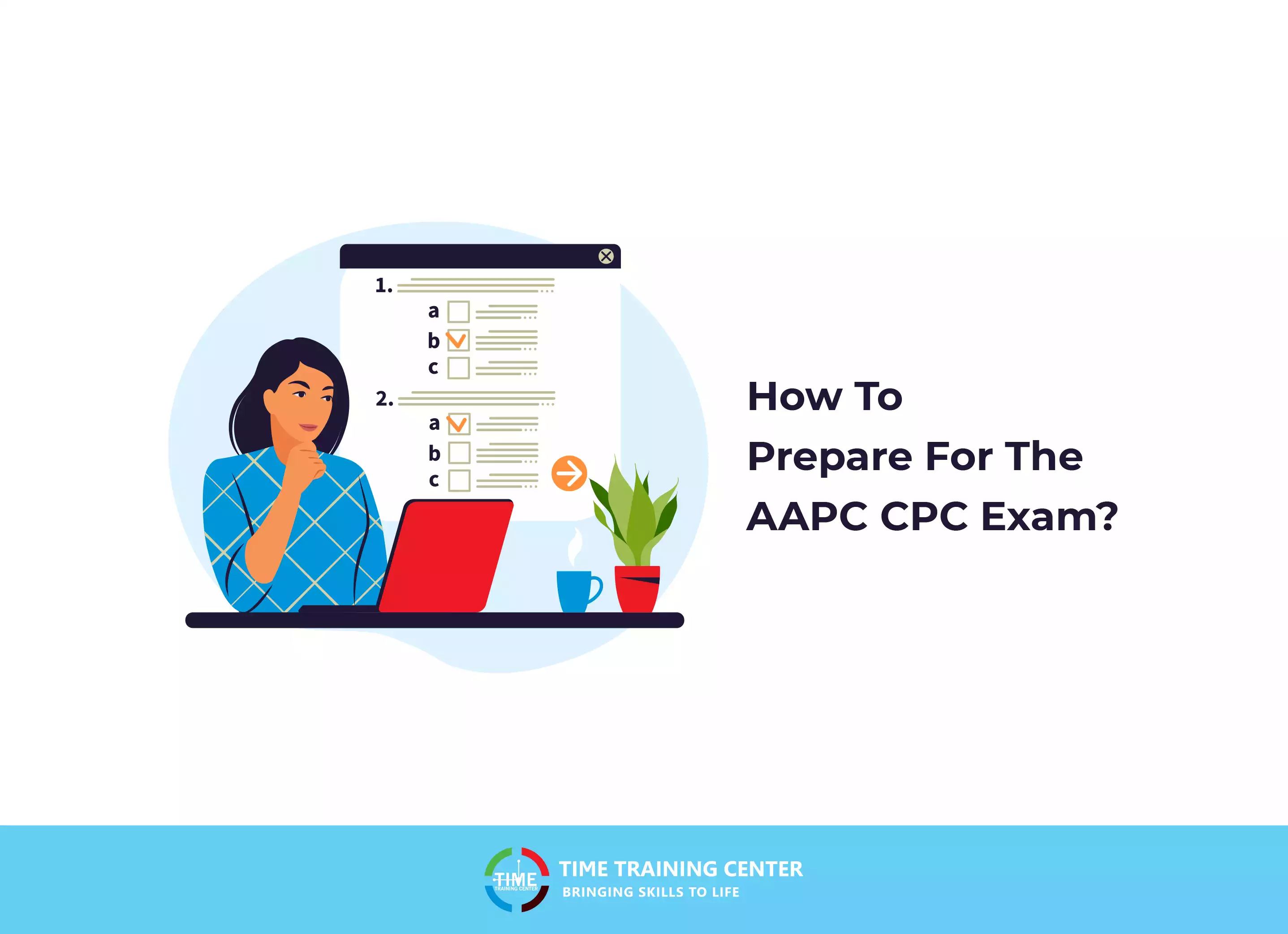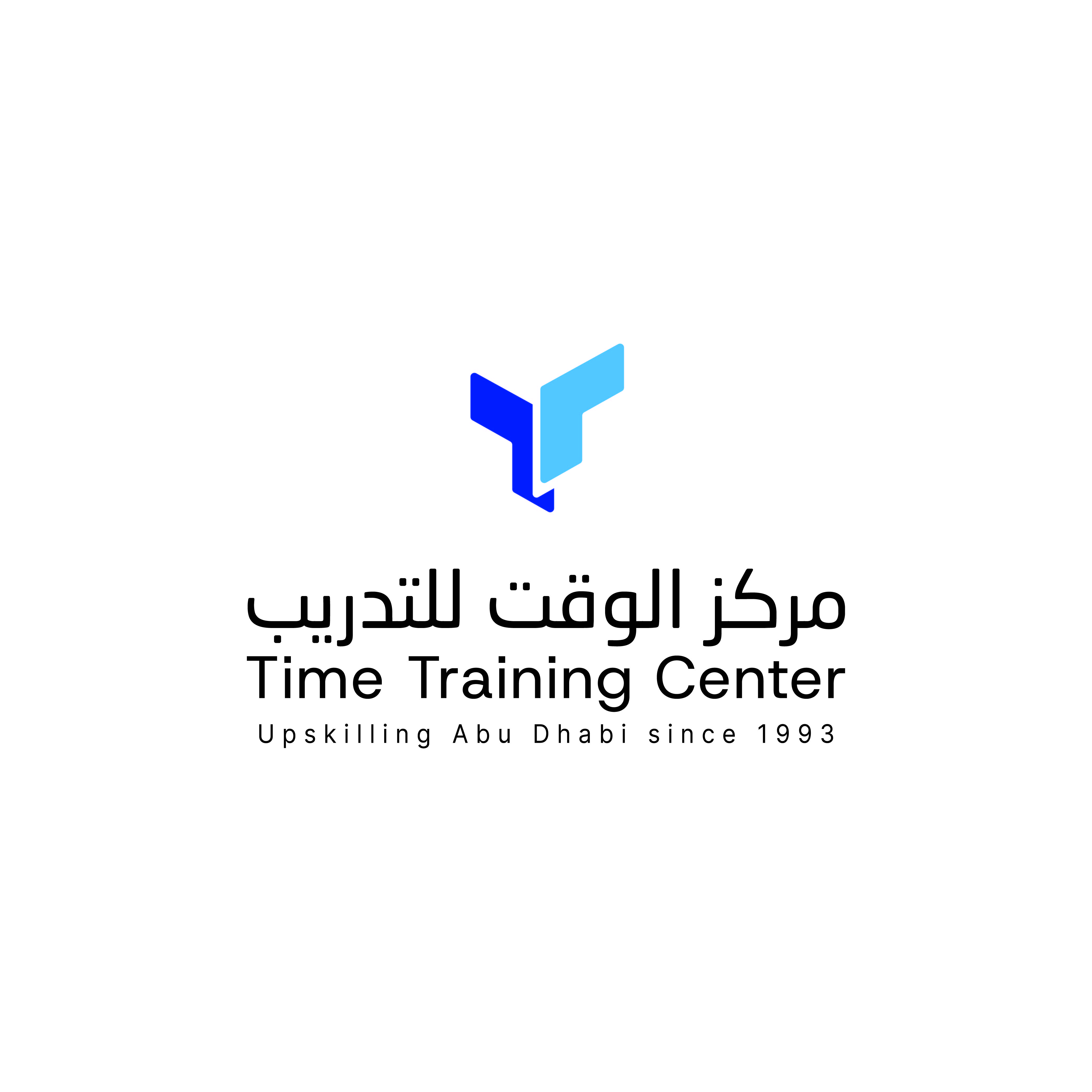The AAPC CPC medical coding certification is the GOLD standard for medical coding and billing specialists. Therefore, It is important to prepare very well and work with the working principles of people who had success, it is also worthwhile to know the reasons why some failed and use all of this information to your advantage. If you are ever going to pass your AAPC CPC exam then one thing that you cannot escape and most proportional to your chance of succeeding or failing is Getting acquainted with your manuals.
Enrolling in a Medical Coding Course can enhance your analytical, detail-oriented skills and also help you ace the AAPC CPC exam successfully. Let us now consider passing the AAPC CPC EXAM; Like any other exam passing the AAPC CPC EXAM requires some exam passing ethics which are listed below, pay close attention and clear your exam at once.
Check Out: Medical Coding Career Benefits and Scopes
The 7 Most Important Tips for Passing the AAPC CPC Exam
AAPC (American Academy of Professional Coders) aims to provide education and certification to coders working in physician-based settings. Professional coders can benefit from the AAPC CPC certification. The development of the healthcare industry has increased the demand for Certified Medical Coders (CPC). If you are looking forward to ace the AAPC CPC exam then here are some tips for you to get started:
-
Thinking ahead and getting ready
-
Keep an exam related notes
-
Highlight Salient points
-
Take a practice test
-
Endeavour to attempt all questions
-
Know what to expect on the exam
-
Know what to study for the exam
Enrolling in a Medical Coding Course can enhance your analytical, detail-oriented skills and also help build a successful career.
-
Thinking Ahead and Getting Ready
The first step to extensive preparation for easily passing the CPC Exam is planning. There are many subjects to cover in the extensive study material. You may become utterly overwhelmed while making preparations. As queries from the CPT code regularly appear in the paper, pay close attention to the CPT (Current Procedural Terminology)Manual. It is crucial to prepare for the exam by building your medical vocabulary. To learn more about the terms, you can even acquire knowledge through review courses or flash cards. You can use a few of the practice tests offered by private businesses.
-
Keep Your Notes Exam-Related
When marking your books, exercise caution. Important notes shouldn't get lost in the confusion of too many notes. The highlighted text is the same. Make an effort to keep your notes exam-related. Wherever you can, make notes about them. Some folks would rather make brief comments near the codes than fill up entire pages with annotations. Pick whichever strategy enables you to find what you require promptly.
-
Highlight Salient Points Like
The subsection guidelines' keywords (For instance, the E/M section's definition of a new and established patient), Keywords characterizing easy, moderate, or complex repairs can be found in the Repair (Closure) guideline section.
Guidelines for procedures involving adjacent tissue transfer or rearrangement as well as Key terms used to describe surgical techniques in the Musculoskeletal System recommendations include closed, opened, percutaneous skeletal fixation, and manipulation. All notes in parentheses can be found in the code description or after the code. Make a note of any procedures done using an open technique, via percutaneous means, or with any type of scope (endoscope, laparoscope, etc). (The doctor had to cut into the patient to perform the procedure).
Practice makes the results perfect, take a practice test. To assist you to get accustomed to the structure and time limits of the actual examination, It is highly recommended that you complete the 50-question online practice tests. You can buy the three practice tests individually or in a package.
-
Endeavour Attempting All Questions
Since there are no negative markings in the CPC Exam, be sure to tackle every question to earn the most points. You receive no points if you don't attempt an issue. Rather, take a chance and answer each question. To make a calculated guess, start by responding to the simple questions before moving on to the more difficult ones. The best strategy to finish the paper would be to work through the issues within the exam's allotted time limit. If a question is extremely lengthy and complex, skip it and move on to the next question because you won't need to get an exact score to pass. To pass the actual exam, you must properly answer at least 80 percent of the questions.
Also Read: How to be a Medical Coder?
-
Know What to Expect on the Exam
The 385-page study guide from AAPC thoroughly analyzes each CPC exam section while offering real-world examples, sample questions, and test-taking strategies.
-
Know What to Study for the CPC Exam
Not every CPC course calls for the same amount of study time. You are aware that different chapters need different amounts of time to absorb from your CPC training course. For instance, management and evaluation are more difficult than the urinary chapter. How you allocate your study time will be influenced by the same difficulties.
Focus on the more complicated sections. Spend the time and effort necessary to comprehend the important ideas and challenging code scenarios fully. Examples include HIV, advanced cancer, persistent pain, and infusions. Determine your areas of weakness and pay special attention there.
What to Expect in the Exam?
There are a lot of sections you'll be tested on in your AAPC CPC EXAM including the CPT series, Evaluation and Management, and other sections listed below. Aside from the CPT series which consists of 10 questions for each expect to be tested in the following areas.
You May Also Like: Essential Skills for Medical Coders
Evaluation and Management
The questions included under "evaluation and management" concentrate on the kinds of services offered in unique settings or by unique departments. You can anticipate questions in this area by testing your knowledge of the following subjects:
You should also foresee at least eight questions on medical terms related to human bodily systems (e.g You may be asked questions on parts and functions of the circulatory system and parts and functions of the musculoskeletal system).
Medicine
The exam will also include ten questions about medical subjects that could be related to any of the following particular knowledge areas:
-
Immunizations
-
Psychiatry
-
Biofeedback
-
Dialysis
-
Gastroenterology
-
Ophthalmology
-
Cardiovascular\sNoninvasive Vascular Studies
-
Inhalational Allergy and Immunology
-
Endocrinology
-
Neurology
-
Genetics
-
Assessing the Central Nervous System
-
Assessments of Health and Behavior
-
Hydration
-
Clinical and Diagnostic Administration
-
Management of Chemotherapy
-
Dermatology
-
Inpatient and outpatient physical therapy
-
Manipulative osteopathic medicine e.t.c
-
Compliance And Regulations
Five final questions will centre on following rules and compliance. As a result, be ready to respond to inquiries about at least one of the following topics:
-
Medicare Parts A, B, C, and D services are
-
HIPAA (Health Insurance Portability and Accountability Act)
-
NCCI (National Correct Coding Initiative) Edits
-
Local coverage determinations and national coverage determinations, or NCD/LCD,
-
ABNs (Advance Beneficiary Notice of Noncoverage)
-
RVUs (Relative Value Units), which are a component of the Medicaid physician reimbursement formula
-
How to integrate payment policies into coding
-
The best way to spot and report fraud and abuse
You May Also be Interested in: Medical Coding Career Growth & Job Opportunities
To Conclude
A well-prepared examination gives you the best chance of succeeding, relieving stress and anxiety. In this article, we have mentioned some of the ways that you can adopt when preparing for the AAPC CPC exam. Pursuing right professional IT training and creating a smart study strategy and sticking with it is all you need to do to achieve excellent academic results. We wish you success in your exams and hopefully, this blog will give you effective techniques to prepare for your AAPC CPC Exam. All the best!!!
Also Check Out: OET Basics You Should Know
 +971 2 6713828
+971 2 6713828




